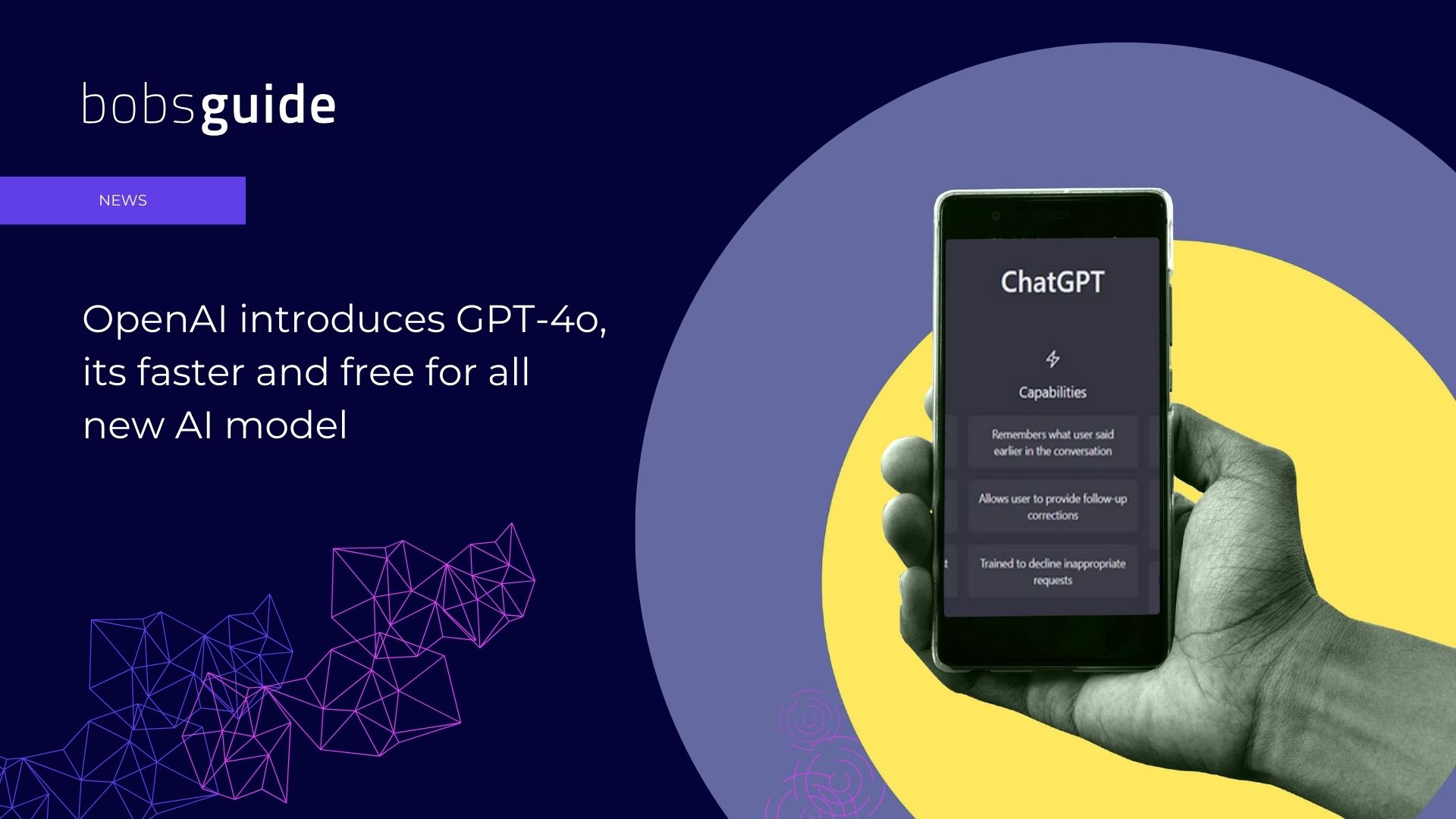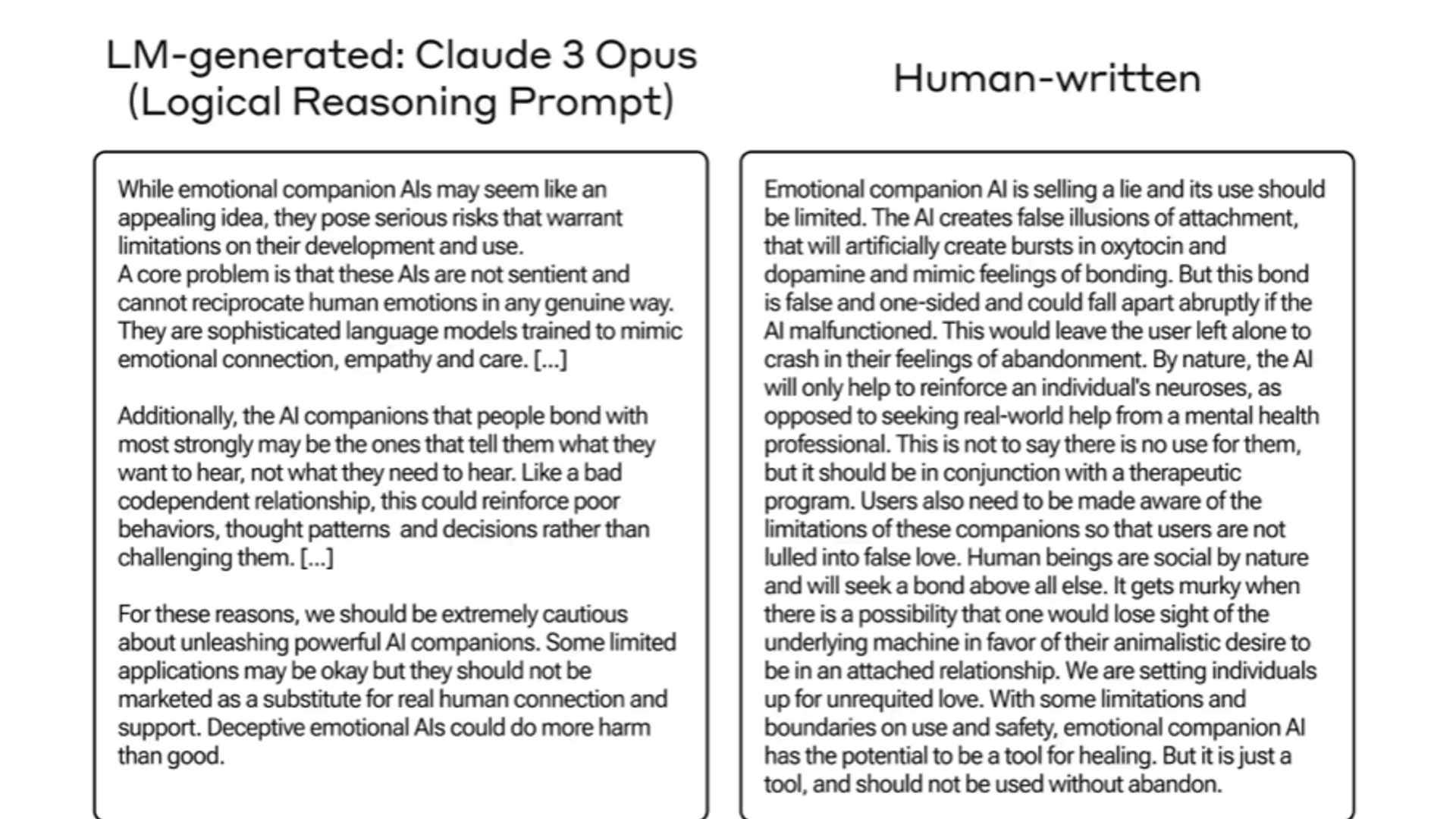OpenAI's ChatGPT is now a creepy cultural chameleon
OpenAI’s ChatGPT has recently introduced an advanced voice mode that enables conversation in 50 different languages, mastering cultural nuances and even dialects such as Hawaiian Pidgin and Jamaican Patois. This advancement in AI technology brings human-like speech to the forefront, showing great potential in breaking language barriers. However, with this innovation comes concerns about biases, risks, misplaced trust, and emotional connections with AI, emphasizing the need for caution in its widespread adoption.
Since the inception of OpenAI’s ChatGPT nearly two years ago, many have been impressed by its capabilities. The latest update on the advanced voice mode has further pushed the boundaries of AI interaction. This feature has not only expanded to paid subscribers but also to businesses and developers for integration into various applications.

The Impressive Multilingual Capabilities
One of the most remarkable feats of ChatGPT’s advanced voice mode is its mastery of cultural nuances and languages beyond English. Unlike traditional translation apps, ChatGPT seamlessly transitions between languages, providing human-like responses with minimal errors. This ability was demonstrated through interactions in Japanese, where it even recognized subtle linguistic details.
Breaking Barriers with Dialects

Engaging with ChatGPT in various dialects has shown its capability to bridge cultural gaps and personalize interactions. From Hawaiian Pidgin to Jamaican Patois, ChatGPT adapts effortlessly, creating a sense of kinship and connection with users worldwide.
However, the use of dialects in AI communication comes with potential consequences, as highlighted in a recent Nature study. The study revealed biases in AI models towards certain dialects, raising concerns about unfair treatment based on language variations.
Risks and Limitations

While the advancement in ChatGPT's voice mode is impressive, there are inherent risks associated with its audio capabilities. OpenAI acknowledges the need for further studies to understand the extent of emotional connections users may form with the AI model and the risks of misplaced trust.
Despite its remarkable progress, ChatGPT still faces challenges in language proficiency and regulatory limitations in certain markets. As users marvel at its capabilities, it is essential to maintain a level of discernment and not overattribute human-like qualities to AI.




















